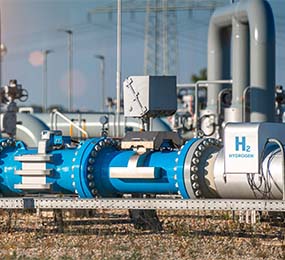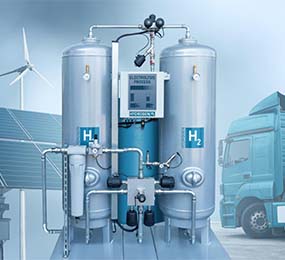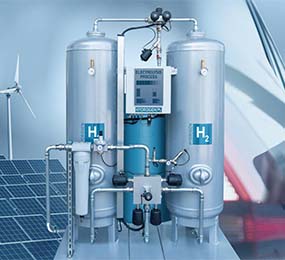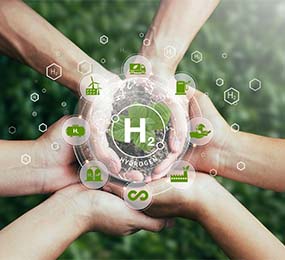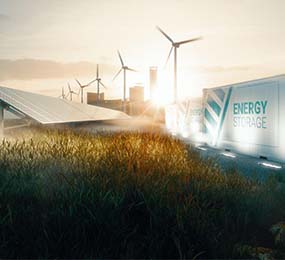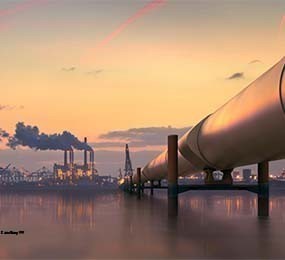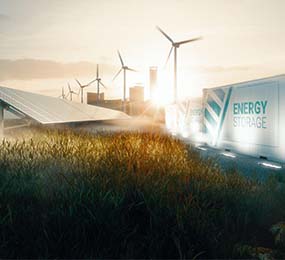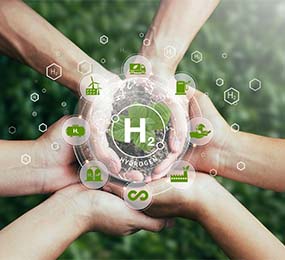Future Fuels in Aviation: Decarbonizing Europe's Air Travel Industry
The aviation industry is actively exploring future fuels as a means of decarbonizing air travel in Europe and worldwide. Traditional aviation fuels, such as kerosene, are a significant source of greenhouse gas emissions. To address this, several alternative fuels and technologies are being considered:
1. Sustainable Aviation Fuels (SAFs): SAFs are derived from renewable sources like waste oils, agricultural residues, and algae. They have the potential to reduce aviation emissions significantly while using existing aircraft and infrastructure.
2. Hydrogen: Hydrogen-powered aircraft are under development, with the promise of emitting only water vapor when burned. Hydrogen could be particularly suitable for short-haul and regional flights.
3. Electric and Hybrid-Electric Aircraft: Electric propulsion systems, either fully electric or hybrid-electric, are being explored for smaller aircraft and short-haul routes, offering the potential for zero emissions during flight.
4. Synthetic Fuels: Synthetic fuels, like Power-to-Liquid (PtL) and Power-to-Gas (PtG), are created by using renewable electricity to produce hydrogen, which is then used to synthesize liquid or gaseous fuels. These fuels have the advantage of compatibility with existing aircraft.
To achieve widespread decarbonization of air travel, a combination of these technologies and fuels will likely be needed. Regulatory support, infrastructure development, and investment in research and development are crucial to accelerate the adoption of these future fuels in European aviation and beyond.
Visit our website to know more: https://www.leadventgrp.com/events/future-fuels-europe/details
For more information and group participation, contact us: [email protected]
Leadvent Group - Industry Leading Events for Business Leaders!
www.leadventgrp.com | [email protected]


